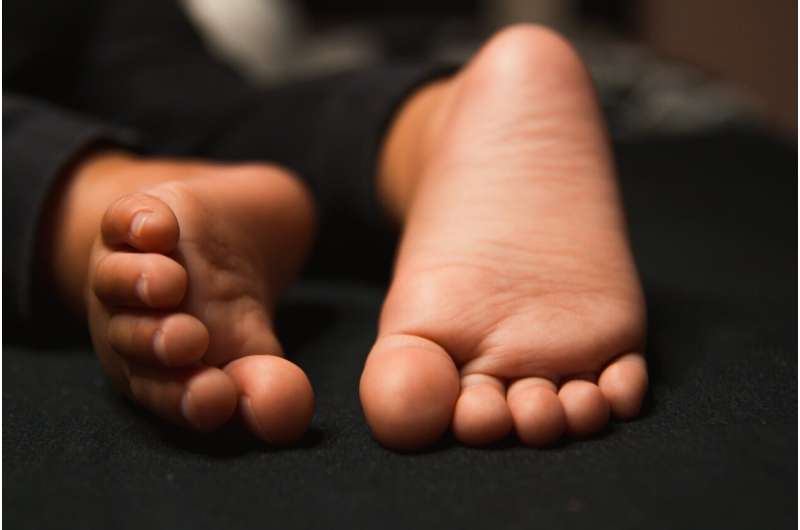Genetic Mutation in Ashkenazi Jewish Men May Increase Prostate Cancer Risk, New Research Finds

A recent study uncovers a specific genetic mutation in Ashkenazi Jewish men linked to a significantly increased risk of prostate cancer, opening new opportunities for personalized screening and treatment.
Recent research led by Johns Hopkins Medicine has uncovered a significant genetic factor linked to a higher risk of prostate cancer among men of Ashkenazi Jewish descent. The study identified a recurrent frameshift mutation, known as F722fs, in the MMS22L gene—located on human chromosome 6—that appears to predispose carriers to prostate cancer. The MMS22L gene plays a crucial role in DNA repair, and mutations here can impair this process, potentially leading to cancer development.
The mutation involves a frameshift, where insertions or deletions in genetic sequences cause a reading shift in DNA codes, much like misspellings in a sentence that alter its meaning. Such mutations may prevent the production of essential proteins or lead to abnormal ones, increasing cancer risk.
The study evaluated 3,716 Ashkenazi Jewish men who had undergone prostate removal due to cancer, alongside a control group of over 103,000 men from a global database. Researchers discovered that carriers of the F722fs mutation had a nearly fivefold increased likelihood of developing prostate cancer, with 1.5% of prostate cancer patients carrying the mutation compared to just 0.3% in the control group.
This association was verified across multiple independent patient groups, emphasizing the link between the F722fs mutation and heightened prostate cancer risk. Interestingly, men with this mutation who developed cancer tended to have more aggressive forms of the disease. Additionally, the MMS22L gene’s role in DNA repair suggests that carriers might also respond better to certain targeted treatments, such as PARP inhibitors, which are effective in repairing DNA damage in cancer cells.
The findings offer promising avenues for genetic screening and personalized treatment approaches in the Jewish population, potentially enabling early intervention and more effective therapies. Future research aims to explore how this mutation can be used as a tool for risk assessment and to optimize treatment strategies for patients carrying the F722fs mutation.
For more details, see the full study: William B. Isaacs et al., "Discovery of a Recurrent Frameshift Ashkenazi Jewish Founder Mutation (F722fs) in the PARP Inhibitor-sensitive MMS22L Gene Associated with Higher Risk of Prostate Cancer," European Urology Focus, 2025.
Stay Updated with Mia's Feed
Get the latest health & wellness insights delivered straight to your inbox.
Related Articles
Challenges in Monitoring Measles Spread in Florida Due to Lack of Public Data
Florida's removal of public disease-tracking data has created gaps in monitoring measles and other infectious diseases, raising concerns about outbreak detection and public health safety.
Innovative Recommendations Aim to Enhance Neonatology Staffing for Better Patient and Workforce Outcomes
A collaborative group of experts has developed consensus recommendations to improve staffing models in neonatology, aiming to enhance patient safety and workforce sustainability. Published in *Pediatrics*, these guidelines offer a practical framework for reforming neonatal care staffing practices.
How HPV Hijacks Immune Cells to Promote Cancer Progression
New research reveals how HPV16 manipulates immune cells by increasing IL-23 production, enabling cancer to evade immune defenses. This breakthrough paves the way for improved therapies combining IL-23 inhibitors with vaccines to fight HPV-associated cancers.



